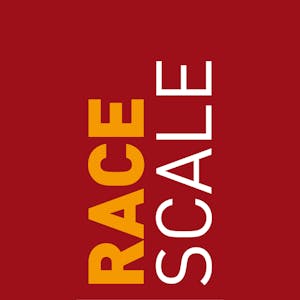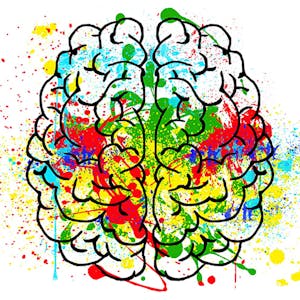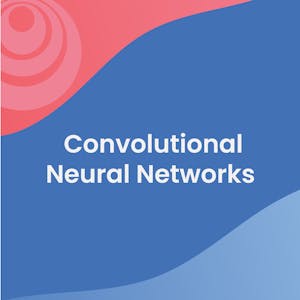Prehospital care of acute stroke and patient selection for endovascular treatment using the RACE scale
About this Course
Acute stroke is a time-dependent medical emergency. In acute ischemic stroke, the first objective is to restore brain flow using sistemic thrombolytic treatment and, in patients with large vessel occlusion, by endovascular treatment. In hemorrhagic stroke there are also specific treatments that can improve the clinical outcome. The sooner the initiation of all these therapies the higher the clinical benefit. Thus, the organization of Stroke Code systems coordinated between emergency medical systems and hospitals is crucial to achieve early medical attention and treament. Neurological scales facilitate stroke recognition at both hospital and pre-hospital levels and provide valuable information of stroke severity. The RACE scale is a prehospital scale validated as a tool to identify patients with suspected large vessel occlusion who are potential candidates for endovascular treatment. This course aims to update general knowledge in acute stroke and currently available treatments, to review the protocol of the Stroke Code and, finally, to train in the use of the RACE scale. The target profile of this course is aimed to all health professionals working in the field of emergencies.Created by: Universitat de Barcelona

Related Online Courses
This course takes the student through a variety of labs exploring the interaction between Java Object Domain Models and Relational Database Tables, this is becoming the standard approach for... more
This course is an introduction to the Java programming language and the concepts of object-oriented design. It not only covers the fundamentals of programming in Java, but it also brings in the... more
Advance your strategic analysis skills in this follow-up to Foundations of Business Strategy. In this course, developed at the Darden School of Business at the University of Virginia, you\'ll learn... more
In this Specialization, you will master design thinking competencies in an engaging hands-on, project-based format. We will guide you through a detailed 14-Step process where you will tackle a... more
In the fourth course of the Deep Learning Specialization, you will understand how computer vision has evolved and become familiar with its exciting applications such as autonomous driving, face... more








